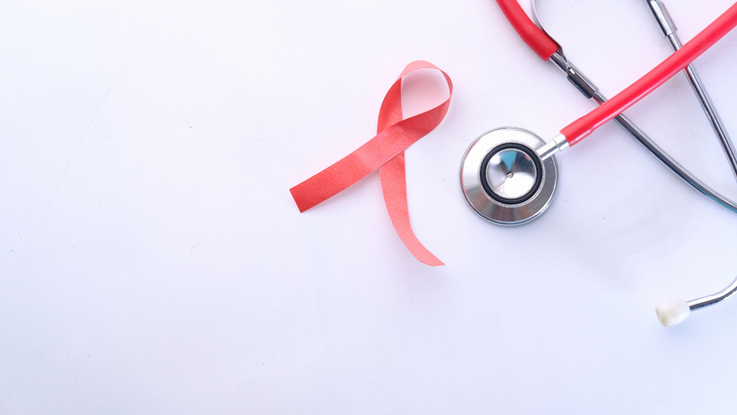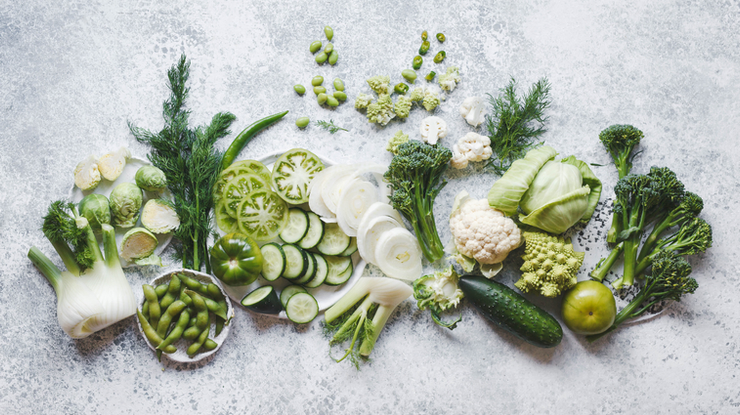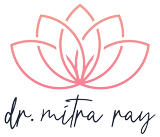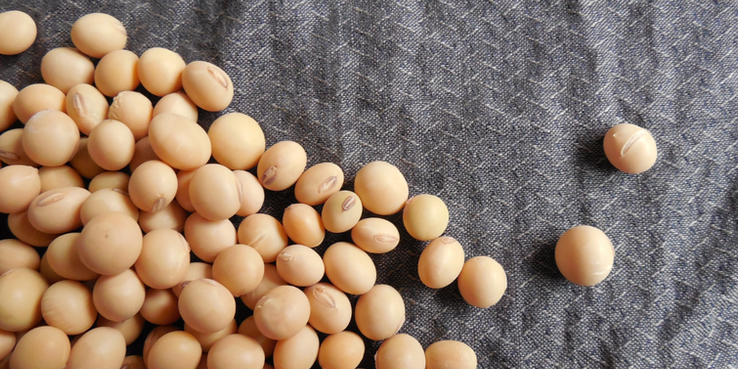Soy and Cancer
We are not rodents folks therefore all the soy research showing it’s bad for humans especially as it relates to breast cancer is bogus food politics if you ask me.
There is growing evidence that soy consumption reduces risk of hormone-related cancers such as breast, ovarian and prostate. This is because soy phytoestrogens act as SERMs (competitive inhibiters of estrogen)
Breast Health and Soy

The reason it is not blatantly clear to us that eating soybeans and other beans, legumes and vegetables helps prevent breast cancer is because breast cancer is a big business.
Phytoestrogens (plant-estrogens) in beans, legumes and vegetables are preventative foods because some phytoestrogens act as SERMS or selective estrogen receptor modulators. SERMs block the effects of estrogen receptors in breast cells. if a SERM is in the estrogen receptor, there is no room for estrogen and it can’t attach to the cell. If estrogen isn’t attached to a breast cell, the cell doesn’t receive estrogen’s signals to grow and multiply. Simple. Except that is also the sales pitch for major SERM pharmaceuticals that unfortunately also come with side effects. Native plant SERMs are much safer.
Hormone balance with plant foods

Phytoestrogens are hormone-like compounds found in all plants. They balance our hormones, support our immune systems, and prevent or ease the symptoms of menopause and osteoporosis.
Today’s number one health concern for women is hormones. In light of the recent evidence stacking the deck against hormone replacement therapy, women are looking for alternatives. This is evident in my practice, where female patients often ask me about the benefits of phytoestrogens, hormone-like compounds found in all plants in one form or another.
There are many ways women can take advantage of the benefits of phytoestrogens. You can begin by eating more foods rich in these plant compounds. Something to keep in mind is that the absorption of phytoestrogens depends on a healthy gut. The gut must contain enough healthy bacteria capable of converting phytoestrogens into their active forms.
Soy products have become the most popular source of Phyto-estrogens in North America. Thousands of soy-based products are available in the marketplace. The time to increase your phytoestrogens is NOW, so get out there and start making healthy changes you’ll thank yourself for later.








Where could I find the growing evidence that soy consumption reduces risk of hormone-related cancers such as breast, ovarian and prostate?
Hi Dana!
Check out this PDF: https://drmitraray.com/wp-content/uploads/2011/03/Benefits-of-Soy-Transform-30.pdf
This should help you out 🙂